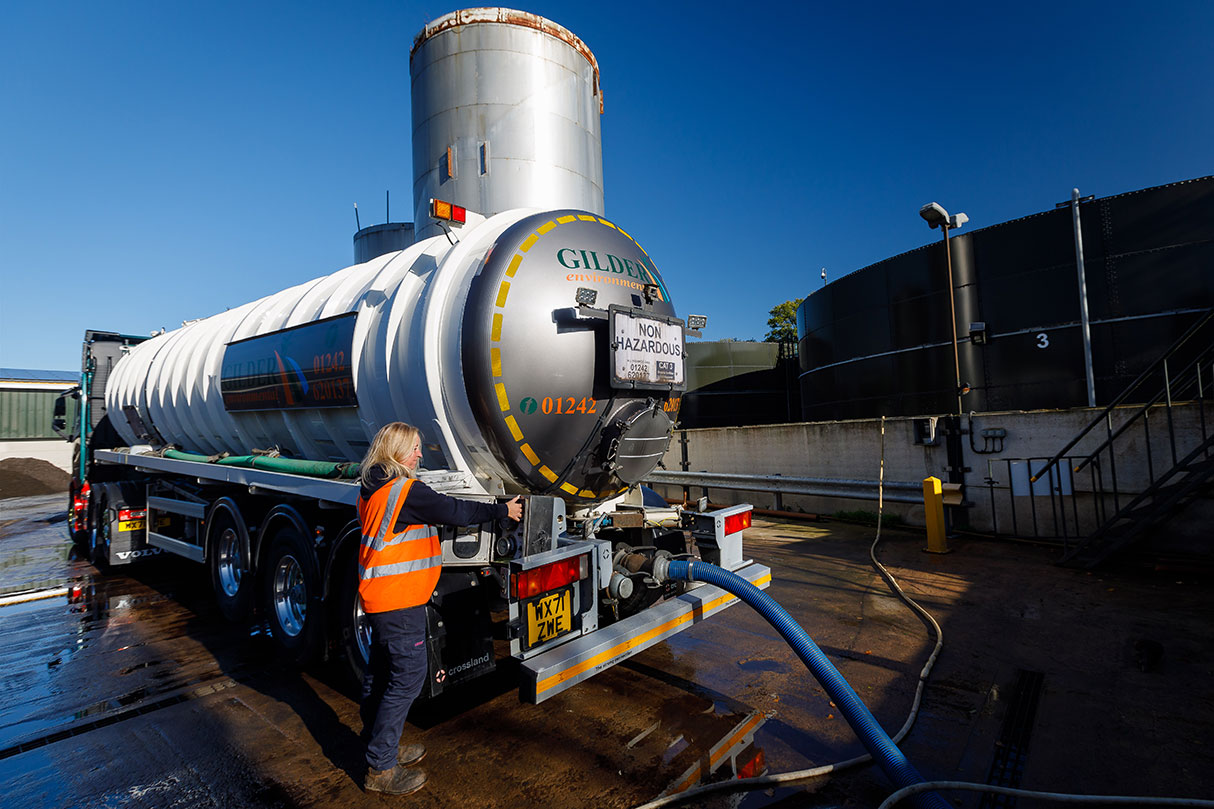Comprehensive Liquid Waste Disposal: Solutions for Homes and Companies
Comprehensive Liquid Waste Disposal: Solutions for Homes and Companies
Blog Article
Understanding the Comprehensive Process of Liquid Waste Disposal: Best Practices and Environmental Effect Factors To Consider
The management of fluid waste disposal is a diverse issue that requires a detailed understanding of various best methods and their linked ecological influences. From the kinds of liquid waste generated to the methods used for collection, treatment, and final disposal, each step plays a critical duty in securing ecological communities and public health.
Types of Fluid Waste
Recognizing the different sorts of fluid waste is essential for reliable management and disposal techniques. Liquid waste can be broadly categorized into several types, each needing one-of-a-kind handling and treatment techniques.
Industrial fluid waste usually has unsafe materials, consisting of hefty steels, solvents, and chemicals, generated throughout manufacturing processes. These wastes necessitate rigorous governing compliance to secure human wellness and the environment. Domestic liquid waste primarily refers to wastewater produced from homes, consisting of sewer and greywater, which, although less harmful, can still pose significant dangers if incorrectly handled.
Agricultural fluid waste, consisting of runoff from farms, usually has fertilizers and chemicals that can bring about environmental destruction otherwise dealt with effectively. Medical liquid waste, generated from medical care centers, includes infected liquids such as physical fluids and chemicals, calling for specialized disposal approaches to avoid infection and ecological contamination.
Finally, oil and grease waste, generally produced by restaurants and vehicle sectors, can cause severe clogs in sewage system systems otherwise handled correctly. Understanding these classifications promotes targeted techniques for treatment, conformity with policies, and effective disposal methods, ultimately advertising environmental sustainability and public health and wellness security.

Collection Techniques
Efficient collection techniques are vital for the proper management of liquid waste, ensuring that it is collected securely and successfully before therapy or disposal. Numerous strategies are employed relying on the kind of liquid waste created, the quantity, and the specific qualities of the waste.
One common technique is making use of devoted collection containers or sumps, which are created to catch fluid waste at the resource. These systems frequently include pumps that promote the transfer of waste to larger storage containers or treatment centers. Additionally, mobile collection units geared up with vacuum cleaner technology are used in circumstances where waste is created periodically or in hard-to-reach areas.
For commercial setups, closed-loop systems can successfully decrease spills and leakages, enabling the recovery and reuse of fluid waste. It is additionally vital to train workers on correct collection procedures to mitigate dangers connected with hazardous substances.
In addition, implementing regular upkeep schedules for collection equipment ensures optimum efficiency and security. The combination of innovative surveillance systems can boost collection efficiency by providing real-time information on waste degrees and possible dangers. Generally, efficient collection approaches are foundational to lasting fluid waste monitoring methods.
Therapy Processes
Therapy procedures play a crucial role in the administration of fluid waste, transforming possibly unsafe products right into secure effluents or multiple-use sources - liquid waste disposal. These procedures can be broadly classified right into physical, chemical, and biological methods, each tailored to resolve details pollutants present in the waste stream
Physical treatment methods, such as sedimentation and filtering, work by getting rid of put on hold solids and particle issue. These methods are often the primary step in the treatment chain, effectively lowering the load on succeeding processes. Chemical treatments involve the use of reagents to counteract hazardous substances, precipitate hefty metals, or oxidize organic pollutants, thus enhancing the safety of the effluent.
Biological therapy processes, consisting of triggered sludge systems and anaerobic food digestion, profit from the all-natural capacities of bacteria to deteriorate raw material. These techniques are especially efficient for wastewater consisting of biodegradable contaminants. Advanced treatment innovations, such as membrane layer purification and progressed oxidation procedures, are progressively employed to achieve higher levels of filtration.
Incorporating a combination of these treatment approaches not only makes certain conformity with regulative criteria but likewise promotes ecological sustainability by recuperating useful resources from fluid waste.
Disposal Options
Exactly how can companies ensure the safe and accountable disposal of fluid waste? Effective disposal alternatives are crucial for protecting public health and wellness and the setting. The key approaches consist of land disposal, therapy, and incineration complied with by discharge into metropolitan wastewater systems.
Land disposal entails the careful containment of fluid waste in marked garbage dumps, guaranteeing that it does not seep into bordering soil or water. Incineration, on the various other hand, topics fluid waste to high temperatures, converting it right into ash and gases, which call for proper filtering to lessen exhausts. This technique appropriates for contaminateds materials that can not be treated through typical ways.
In situations where fluid waste can be treated, organizations may go with chemical or biological treatment processes to neutralize hazardous elements prior to releasing the treated effluent into community systems. This path normally lines up with regulative requirements, ensuring that the effluent fulfills safety and security criteria.
Inevitably, companies have to conduct extensive analyses of each disposal alternative to establish its viability, considering factors such as waste make-up, governing conformity, and prospective threats you could look here to health and wellness and the setting. By selecting suitable disposal approaches, companies can add to a liable waste monitoring technique.
Ecological Effect
The ecological impact of fluid waste disposal is an important consideration for organizations seeking to reduce their eco-friendly impact. In addition, the discharge of untreated or improperly dealt with waste into surface area waters can result in eutrophication, leading to oxygen deficiency and the succeeding death of fish and various other organisms.

To alleviate these influences, organizations should take on best techniques such as implementing rigorous waste therapy procedures, advertising recycling and reuse, and sticking to governing requirements. By taking a proactive method to fluid waste management, entities can substantially reduce their environmental impact while sustaining lasting growth goals. Ultimately, a detailed understanding of the ecological influences related More about the author to liquid waste disposal is important for educated decision-making and liable stewardship of natural deposits.
Final Thought
Effective administration of fluid waste is vital for safeguarding environmental honesty and public health and wellness. Inevitably, a thorough understanding of liquid waste disposal not just mitigates environmental influences but additionally promotes a commitment to accountable resource management and ecological stewardship.
The administration of liquid waste disposal is a multifaceted concern that needs a detailed understanding of different best techniques and their connected environmental impacts. From the kinds of liquid waste created to the approaches employed for collection, treatment, and last disposal, each action plays a crucial duty in securing ecological communities and public health.The ecological influence of liquid waste disposal is a vital consideration for companies looking for to minimize their ecological impact. Ultimately, a detailed understanding of the ecological impacts linked with liquid waste disposal is essential for educated decision-making and liable stewardship of natural resources.
Ultimately, a detailed understanding of fluid waste disposal not just minimizes environmental influences but likewise fosters a dedication to Home Page liable resource administration and ecological stewardship.
Report this page